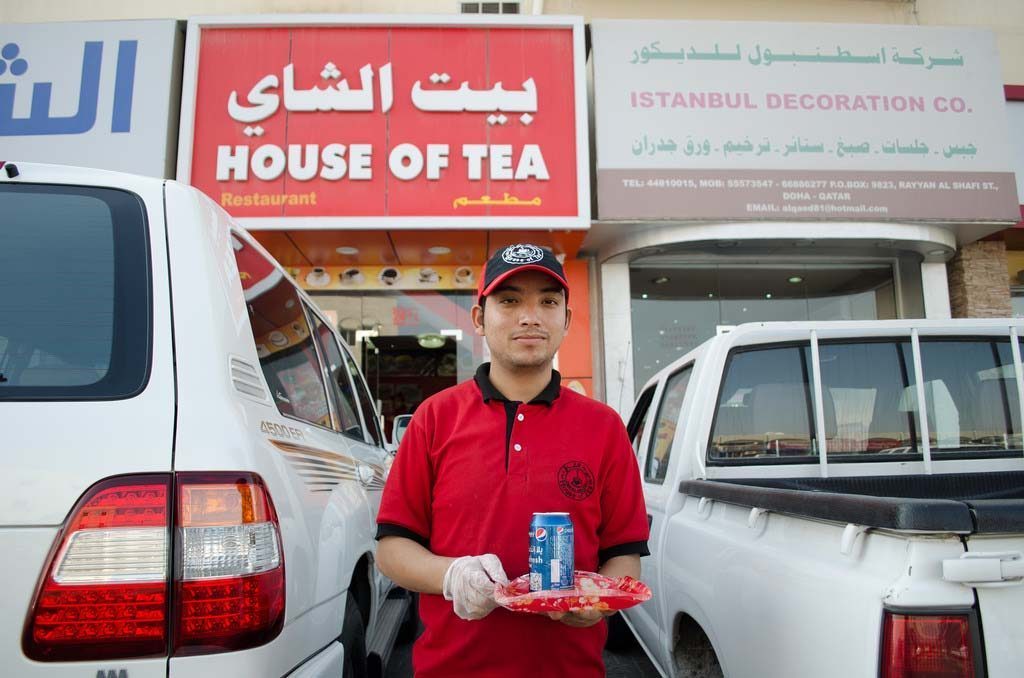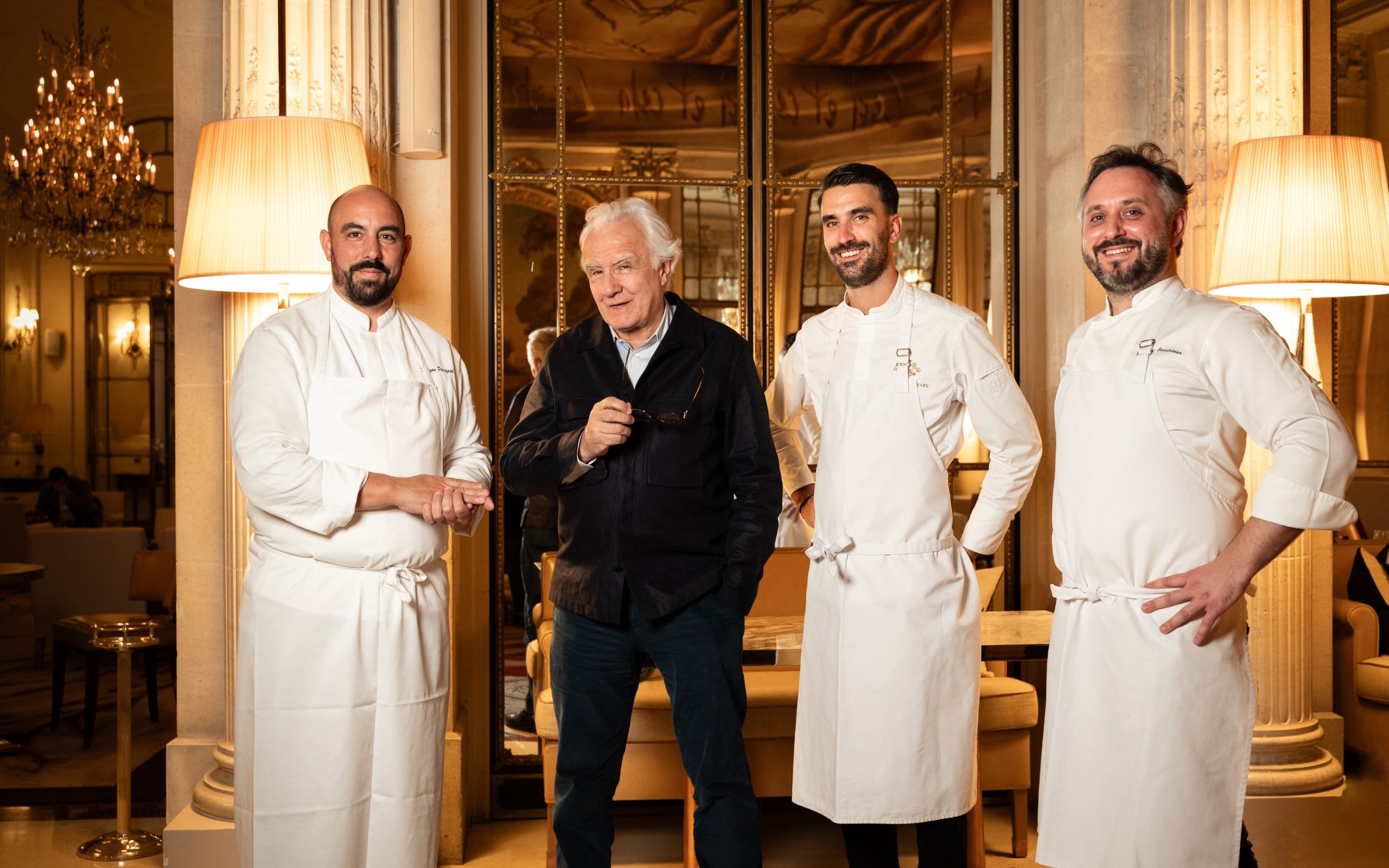
In an effort to foster understanding and empathy for the millions of expats working in low-paid jobs across the Gulf, residents of Qatar, Bahrain and Saudi Arabia have recently produced short videos that allow viewers to go for a walk in their shoes.
So far, a video published last month in Bahrain has appeared to generate the most buzz, and garnered more than half a million views on Youtube.
The two-and-a-half minute clip is about a local man who switched places with an Asian grocery store clerk to see what would happen when he tried to take people’s orders from their cars.
Explaining his intentions, Yousif Hassan said he wanted to illustrate the divide between his life and that of migrant workers, by spending a day doing one of their jobs.
As he tries to take people’s requests while dressed in national garb, many motorists quickly change their tones, becoming more polite. Others express confusion, asking “Are you seriously working here?”
And some, apparently ashamed that Hassan was trying to serve them, declined to give their orders entirely.
In a voiceover, the 18-year-old Bahrain questions what the days of workers who have trouble speaking the language must be like.
“We are all human beings that have the right to be respected regardless of our work, nationality and our social state,” he said.
Meanwhile, in Saudi Arabia, a Facebook campaign is being run by the national Human Rights Commission to encourage people to be kinder to domestic workers who leave their families behind.
The video shows a woman saying goodbye to her family in Southeast Asia as her daughter screams and cries. Since it was published in December, it has garnered nearly 600,000 views and continues to be passed around online.
Excessive honking
In a new video published yesterday, Northwestern University in Qatar journalism student J. Zach Hollo revisits Him Bahadur, a 29-year-old waiter who works for House of Tea, a South Asian restaurant on Doha’s Al Shafi Street.
Bahadur, a prolific song- and story-writer by night, explains on camera that he gets frustrated while on the job, especially during peak hours.
“I get angry when customers see that we’re busy but keep honking their horns,” he explained.
Though the Ministry of Interior has asked residents not to use their horns as a way of attracting the attention of a shop’s employees, it remains a common practice in Qatar that has been parodied by the satirical publication The Pan-Arabia Enquirer.
Speaking to Doha News, Hollo said he made the video to draw attention to the practice, which angered him because people seemed to think parking and being served was “the natural order of things.”
“I thought, I wonder if the waiters are also mad at this set-up? It ended up that they don’t get mad at the honking itself, but only when the honking goes overboard and people get impatient, because they feel they are working so hard and wish people would understand that they’re busy and trying their best.
So I wanted to show that, I guess to humanize the people who are always serving others, but who are seldom spoken to. Everyone seems to get food from them, but no one ever gets to know them.”
Despite the stress, Bahadur, who is working here to support his family in Nepal, maintained an upbeat attitude. “We come from different countries, but we’re like a family. We fight but then we patch up.”
‘Invisible’
Some residents here have previously worried that low-income expats and domestic workers appear “invisible” to others, despite numbering some 700,000 individuals, or roughly a third of the country’s population.
Their long working hours, combined with restrictions on their movement, mean many are rarely seen moving about the city for leisure.

However, that hasn’t stopped some local residents from reaching out to some of the people working in Qatar’s service and construction industries.
For example, to mark International Workers Day last year, several residents visited expats in their workplaces to film a cover of Pharrel Williams’ song Happy as a tribute to the country’s blue-collars workforce.
Others have attempted to build bridges through their own individual acts of kindness, such as stocking outdoor fridges with complimentary cold drinks and offering free homemade laban to the community.
Thoughts?







